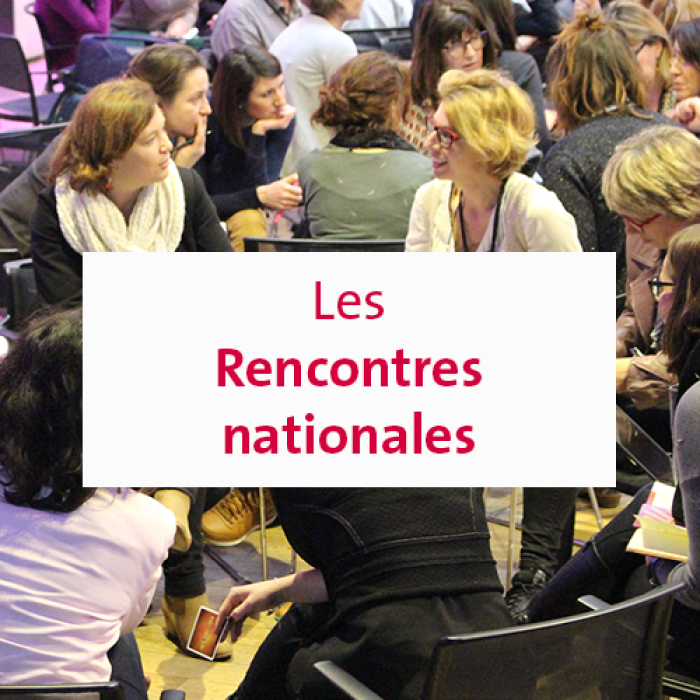
In Africa, debates explore the relationship between public and political communication
Three noteworthy initiatives in sub-Saharan Africa reflect the gradual structuring of the profession of public communicator. In Guinea, Togo and Cameroon, public communication is becoming more professional to support the objectives of “open governance”.
There is an urgent need to rethink public communication in Guinea. This is the message the press is sending to the government of the Republic of Guinea. “It is interesting to note that, in the ministries, those responsible for communication are not doing public communication. Instead, they are doing political communication by working directly for the minister or a low-level director. This is symptomatic of the deep-seated problem and the urgent need in our country for public communication that meets the requirement of transparency towards citizens”, says Ibrahima Diallo, a student studying a master’s degree in public and political communication.
Dr Namoin Yao Baglo (ISICA, University of Lomé, Togo) points out that “public communication covers the communication of public institutions (the State, Parliament, government), the communication of institutions with a public service mission, and the communication of local authorities. It helps in the management of public projects and those with a public interest purpose”.
Meanwhile, the University of Dschang in Cameroon is creating a training course in territorial communication within the Faculty of Letters and Humanities. This new communication training programme aims to provide the State and local authorities with public communication professionals “to support the change in governance that is currently taking place in Cameroon as a result of the acceleration of territorial decentralisation”.



